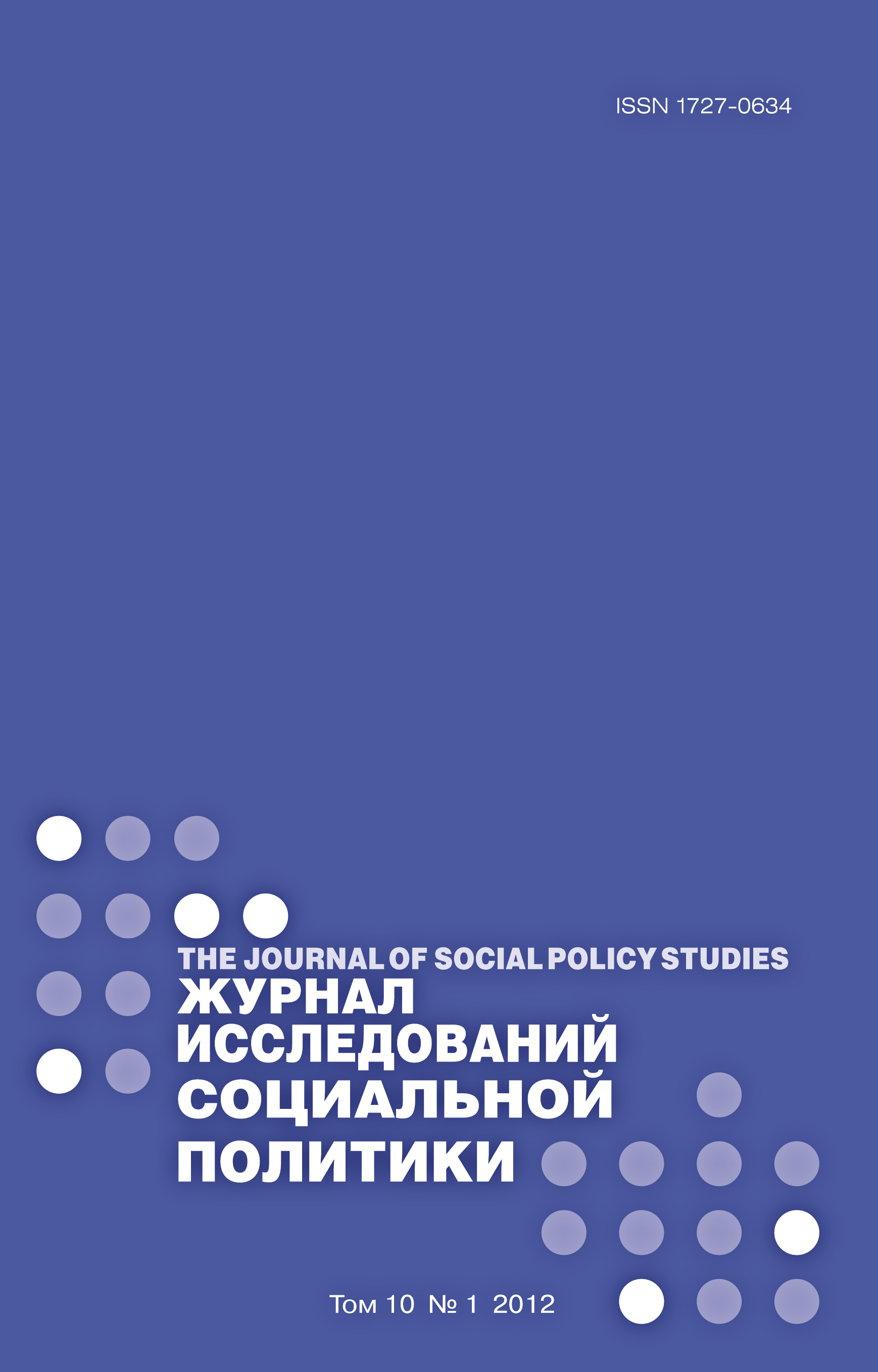Пространство правозащитного активизма инвалидов в постсоциалистической Украине: НПО и гражданское общество между локальным и глобальным
Аннотация
В статье анализируются проблемы общественного движения за права инвалидов в постсоциалистической Украине. С применением антропологического подхода правозащитный активизм инвалидов рассматривается между полюсами глобального и локального. На материалах кейс-стади неправительственных организаций и в контексте современного законодательства представлен обзор развития гражданских инициатив, имеющих отношение к правам инвалидов. Особое внимание уделяется тактикам кооптации и сопротивления, применяющимся во взаимодействиях между государством и местными активистами. Автор предлагает специальные меры, которые могли бы предпринимать защитники прав инвалидов, чтобы инициировать позитивные изменения, включая выдвижение активистов НПО на политические позиции, развитие международных партнерств и информационные кампании.















